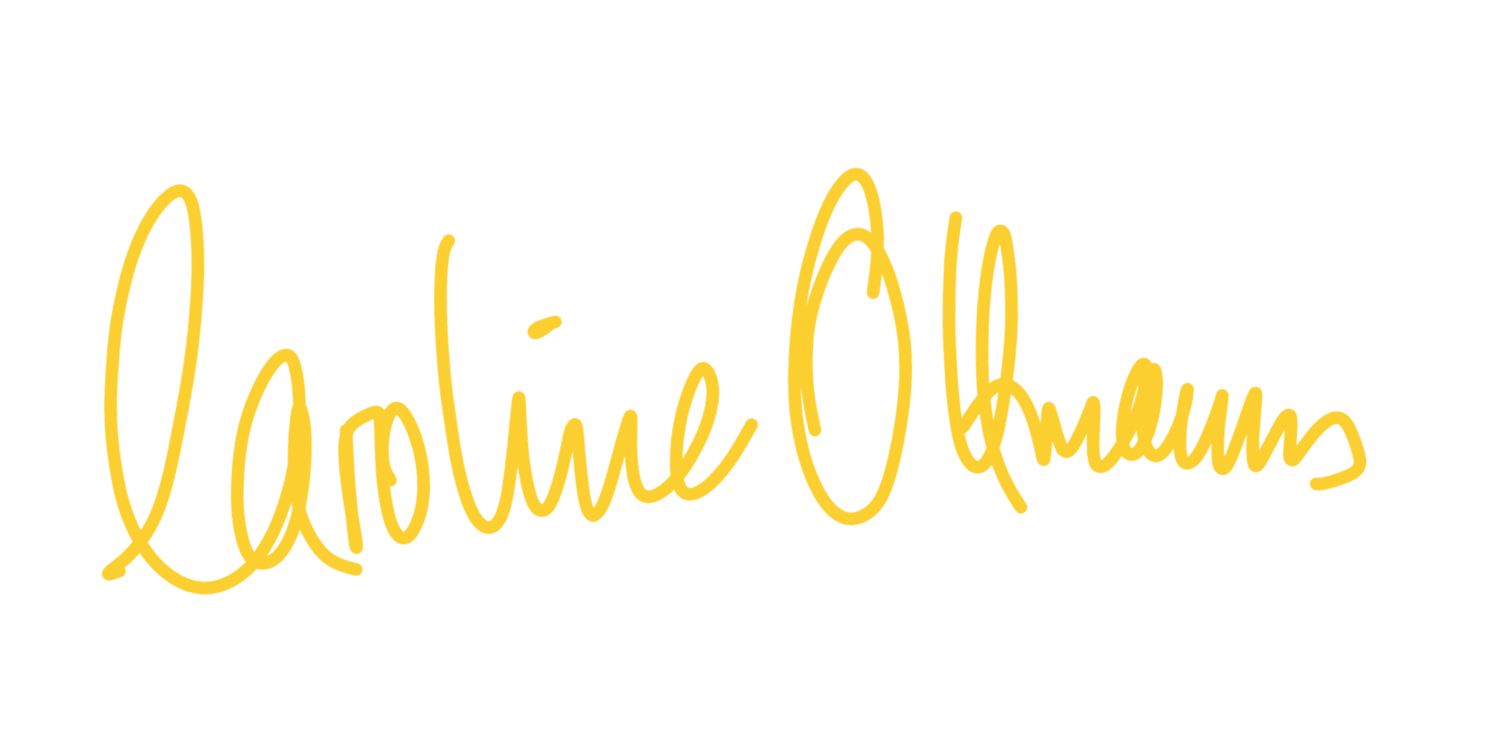8 Tips for Recording Artists
At the finish line of the production of my fifth solo CD I am wondering, if this one was easier to make than the others, how I will approach my number six, and what I am taking away from the making of Venezia e Napoli.
One thing I know for sure is, that producing and recording a CD is different from performing. In order to pin point what makes for good preparation for live playing and for recording, let's take a closer look at both. There is of course the usual preparation of the material, which at first sight seems to be the same process for recording and performance. Yet I do think, that already the preparation for a recording is different from the preparation for a performance. The common denominator is still, that each building block of the piece has to be impeccably polished while making sense in a carefully crafted overall structure. So that part still holds true for both live prep and recording prep. Finding a rendition of a piece of music, that can stand the test of the ages, is unique to recording, and that carries a whole new level of demands. In a live performance the 'going out on a limb'-interpretation might just be, what the audience seemed to want, but for a recording it might not be the right choice. That negative accent, so fitting to that particular venue and crowd, can sound trite already at first play back, embarrassing on the long run.
What can you generally expect when preparing for a recording: Complete dedication, like an athlete before the big game. That will always be excruciatingly demanding. The expectation of oneself to make the ultimate recording, the all time best product, is additionally challenging, maybe even terrifying. Each album has flaws, maybe little things only the artist perceives. Wouldn't it be nice to create a product that has no flaws? So in the process of making a recording, the search for the perfect interpretation, for an impeccable balance of sound recording and artwork is on, even though there is no perfection in art.
So let's look at the steps necessary to stack odds in one's favor when preparing and producing an album of classical solo piano music. I can't speak for other genres or instruments, but I could imagine that much of this applies there, too.
1. Choose your repertoire wisely. If you don't have something to say about every turn a piece takes, about every phrase the composer wrote, don't do it. Choose pieces that are written in a musical language you relate to deeply. See more on how to choose repertoire here.
2. Perform the repertoire frequently, and record it each time. Many venues offer recording service, but if not, even a small recording device can be very helpful. If all fails, your smart phone is capable of recording. There is a little caveat to it though: in basic recording devices, the sound input will be adjusted, which means, that the dynamics are somewhat compromised, and that loud will be less loud, and soft will be less soft. However the contour of a phrase can still be heard, lengths of breaks remain unchanged, and there is lots more, that can be perfected just with the help of a phone (or laptop) as recording device.
3. Think about your CD repertoire. Do this a lot. Do score study and mental work on the pieces every day. Listen to someone speak, and compare it to a phrase in music. Think about the phrasing and pulse, when on a walk. I particularly like the combination of walking and thinking about music, because the walking rhythm can offer great insights into the flow of a piece. Many composers have recommended walking to spark their creativity. Rachmaninoff, Schumann and Beethoven were regular walkers.
4. (This one is optional, but helpful). Take a break from the pieces. Walk away, and get involved with something different. Play chamber music, play a concerto, do something that gets your mind off the pieces you want to record. This break will be eye opening upon your return. It is easy to not see the forest for the trees when keeping too involved. A bit of space clarifies what structure a movement should have, how a phrase should arch.
5. Choose a venue with excellent acoustics and the finest possible instrument. Most pianists cannot bring their own instruments, so finding a good piano is crucial to make a piece sound good. The sound of a recording - and of a live performance - is created through the combination of instrument and hall. (Yes, there is computer generated reverb, but it will sound exactly like that: computer generated). I consider the combination of hall and piano to be the 'total instrument'. A particular instrument in a particular venue will create a particular sound that cannot be heard anywhere else. Looking for a perfect site and the best instrument is an ongoing pursuit, and it starts long before the idea of a recording. Sometimes finding that venue and/or the right piano can actually trigger the entire project.
6. Surround yourself with supportive people, when the time comes closer. Everyone is different here. Some will need a cheerleader, some will need a shoulder to lean on, some will need quiet. Think about this far ahead of time. It is impossible to shelter yourself from negative influences, but you can re-charge more quickly with the right company.
7. Consider embarking on a focus program like yoga or meditation to be able to empty the cluttered mind, and to be able to re-charge quickly on those long and exhausting preparation days, and during the recording phase. Meditation and Yoga increase focus depth and length significantly. Try it.
8. Last but definitely not least: be grateful. What a wonderful opportunity to be able to record some of the music you love.


